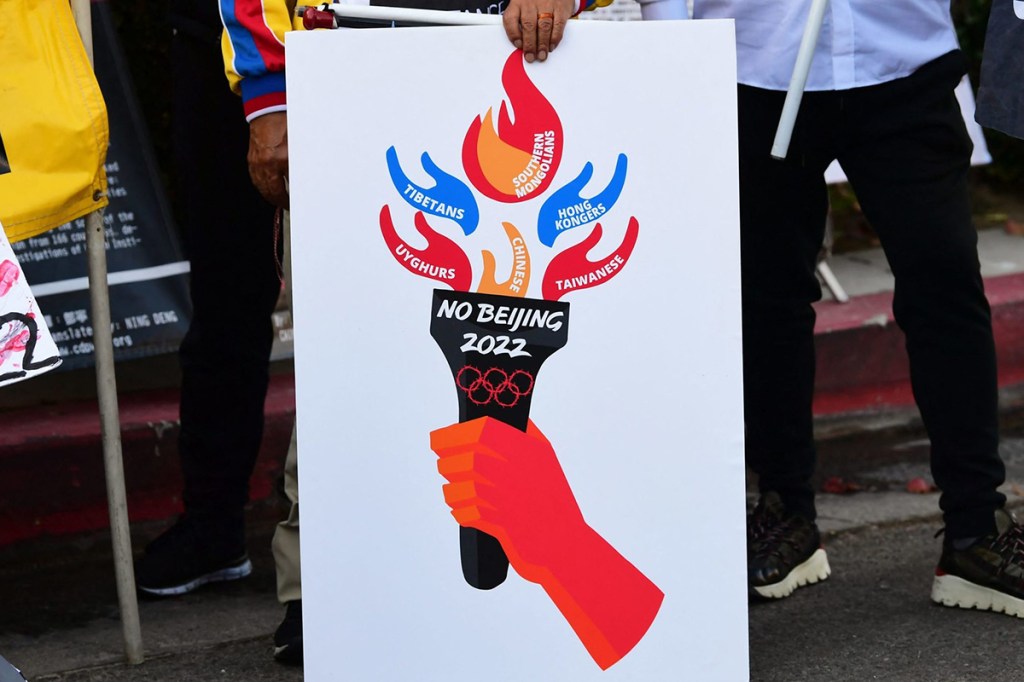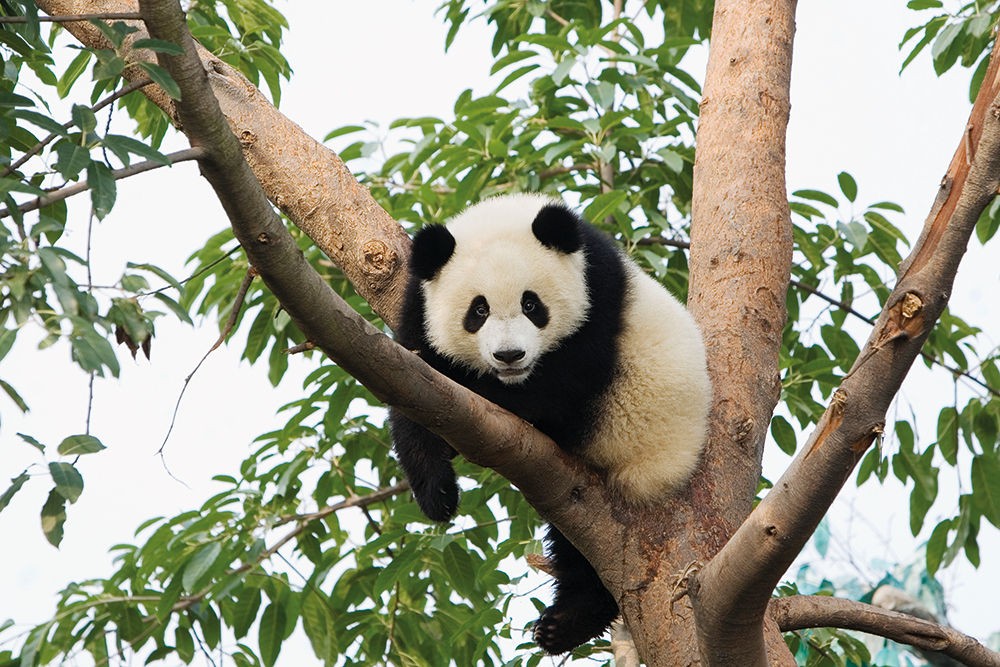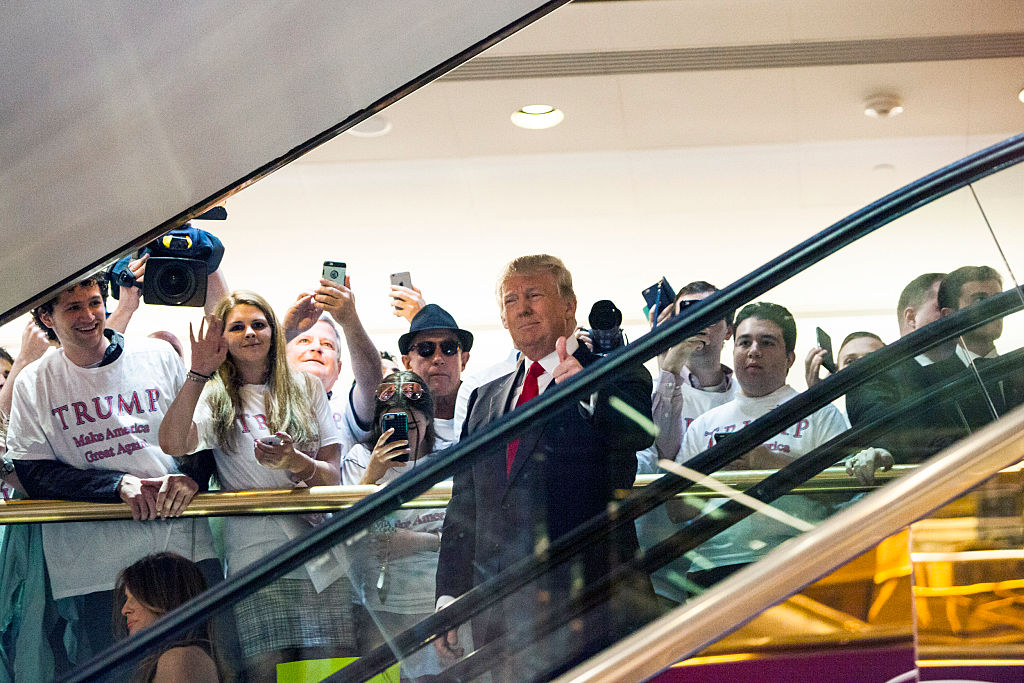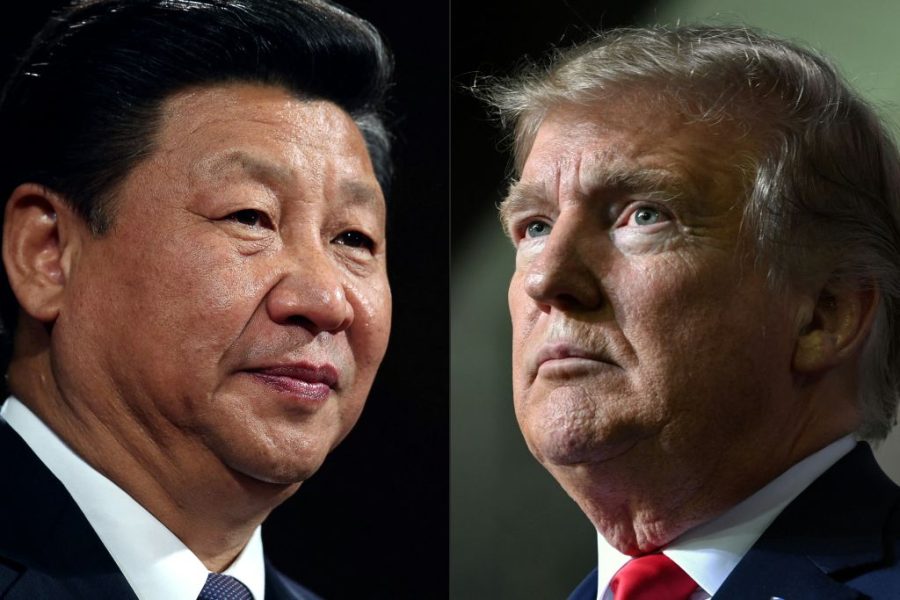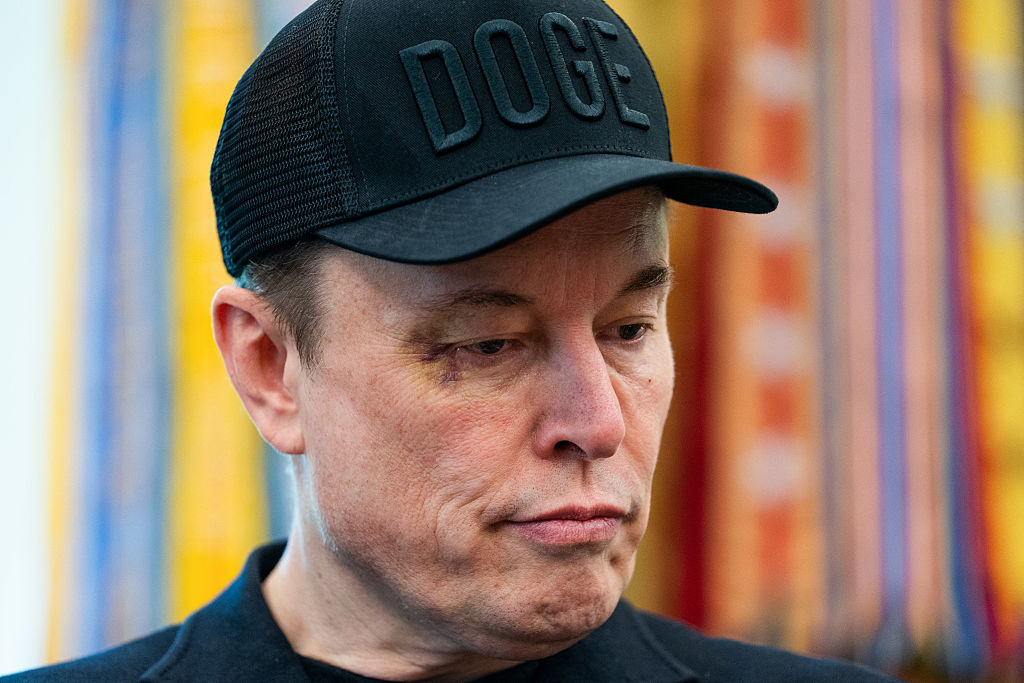The 2022 Beijing Winter Olympics will draw to a close on Sunday, and few will mourn its passing. The spectacle of a totalitarian regime mounting a Games while prosecuting a genocide have rightly drawn denunciations, diplomatic boycotts and precious few television viewers. But this Olympiad was instructive in at least one important respect: to remind the free world how the Chinese Communist Party eventually corrupts everything it touches, for its own ends.
To be sure, Xi Jinping’s regime had a willing partner in the International Olympic Committee, whose record of rule-bending is well-known. Its extravagant demands alienated the Norwegian public to such an extent that Oslo withdrew its bid in 2014 to host the Games. The Norwegians didn’t like the idea that the IOC bosses wanted red-carpet treatment, including an audience with the King, chauffeurs, dedicated traffic lanes and more. In that sense, the IOC was the perfect, ready partner for Beijing.
True to form, IOC chief Thomas Bach dined during the Games with tennis star Peng Shuai — a classic set-piece of communist theater. Ms. Peng last year accused a high-ranking CCP official of sexual assault and was then duly “disappeared” by the authorities, only to re-emerge to claim it was all just a “huge misunderstanding,” a fiction the IOC happily furthered. Ms. Peng can’t talk to the press without a Party minder, and the Women’s Tennis Association’s entreaties to speak to her have been ignored. Chinese officials even rolled out Ms. Peng to watch a few Olympic events.
But set aside the IOC, which has previously awarded the Games to Vladimir Putin and Xi’s predecessor, Hu Jintao. This winter’s contest presented another salient example of the Party’s corrupting influence in the personage of Eileen Gu, a San Francisco-born ski champion who reportedly eschewed her US citizenship in favor of competing for Team CCP. The eighteen-year-old has defended the Xi regime repeatedly, calling her critics “uneducated,” and has taken the IOC’s side to whitewash the Peng scandal. This, for a nation that affords its people no right to elect their own representatives or enjoy the freedoms of speech, assembly or religion.
Her fealty has proved lucrative. Ms. Gu — who to her credit, won medals at the Beijing Games — has snagged multi-million-dollar endorsements from the likes of Tiffany & Co. (which leans on sales in China to help power growth), Luckin Coffee (which paid a $180 million fine to the SEC in 2020 for materially misstating revenues and defrauding US investors) and Bank of China (a CCP financial appendage), among others. She may be young, but she is old enough to understand the moral turpitude of her actions. Stanford University, which has invested heavily in relationships on the mainland, will soon welcome Ms. Gu into the class of ’26.
Profiteering off China’s regime isn’t new, but these Olympics raise broader implications. The CCP intentionally wields the profit motive as a tool to co-opt foreigners and foreign corporations into plowing capital and know-how into the Chinese market, for the regime’s benefit. Mr. Xi even has a term for the practice: “dual circulation,” in which the CCP lures foreigners to become more dependent on China while simultaneously working to reduce Chinese companies’ dependence on the outside world. Meanwhile, the Party allows a few lucky foreigners to make piles of cash. In return, these individuals serve as witting — or in some cases, unwitting — propagandists for the regime.
US corporations are starting to awaken to the impossible situation that they’ve put themselves in. By investing in Xi’s China, they’ve signed up for Beijing’s rules, which exist to prop up the regime at all costs. Their bets on China expose these companies to intellectual property theft, reputational harm and physical threats to their employees. Thus NBC News, which broadcasted the Games, tried to walk a fine line between ignoring the regime’s human rights abuses and criticizing the communists too harshly. The conundrum resulted in some truly cringe-worthy discussions, including one panel in which one China “expert” sanitized his commentary and made pains to present the CCP’s point of view of the Uighur genocide.
If the Beijing Winter Games teach us anything, it’s that doing business with communist China will always, in the end, require sacrificing the principles of basic human freedoms, property rights and democratic accountability that the free world holds dear. Doing so may suit a few individuals who value their pocketbooks above all else, or who may even agree with the regime’s monstrous practices. In the long run, however, the CCP will always win the gold for moral corruption and taint all who associate with it.



